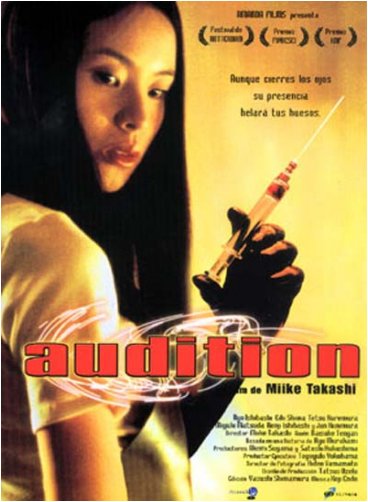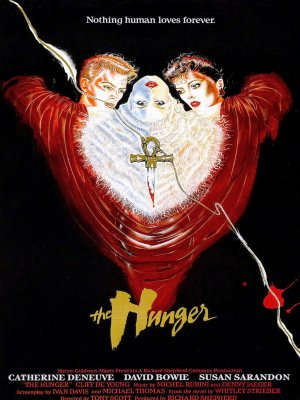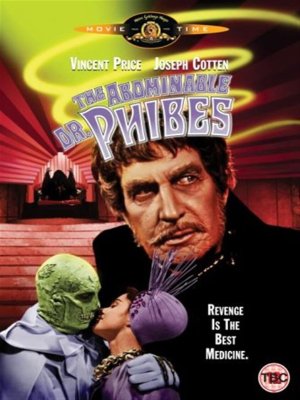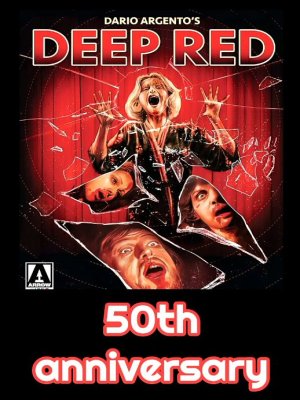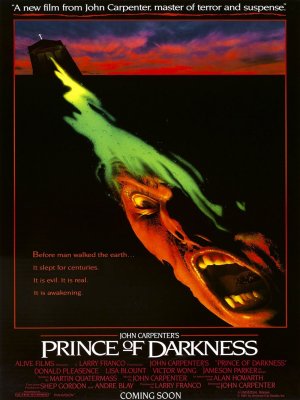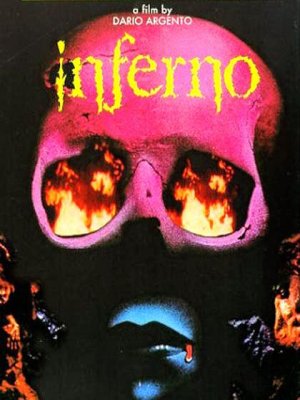Audition
This disturbing Japanese thriller follows Aoyama (Ryo Ishibashi), a widower who decides to start dating again. Aided by a film-producer friend (Jun Kunimura), Aoyama uses auditions for a fake production to function as a dating service. When Aoyama becomes intrigued by the withdrawn, gorgeous Asami (Eihi Shiina), they begin a relationship. However, he begins to realize that Asami isn't as reserved as she appears to be, leading to gradually increased tension and a harrowing climax.
Taken from a novel written by Ryu Murakami, Audition starts by introducing us to a widower, Shigeharu Aoyama, and his teenage son Shigehiko. Shigehiko doesn’t want his father to be alone any more. Aoyama’s friend, Yoshikawa, doesn’t want him to be alone any more either and devises a way to let Aoyama pick someone. They will put together a fake audition for a script and put out a casting call for the lead female character. During the hours of interviews, in walks Asami Yamazaki, an attractive and soft spoken young woman that seems to strike a chord with Aoyama.
The two have a very awkward first night out but seem to open up to each other after awhile. While parting ways Asami says that she will be waiting for Aoyama’s call. When we see Asami next, she is sitting on the floor in her apartment impatiently waiting by the phone for that call. It is this scene in Audition that first gives us the idea that something is not quite right with Asami.
Takashi Miike continues to set up the story on a slow but deliberate pace that’s sole purpose is to lead you to the final 15 minutes of controlled chaos.
Oh my!!! Takashi Miike is an expert story teller. His directing style has inspired many yet is matched by none. He knows exactly where his limit is and deliberately attempts to push himself beyond it. Most of his films have been called disturbing but not because of the subject matter but because of his detail of realism. When a scene calls for a foot to be cut off Takashi Miike wants it to look as close to the real thing without actually cutting the foot off.
The acting is incredible also. Ryo Ishibashi is the epitome of a middle aged widower looking for another chance at companionship. His subtle changes in demeanor bring Aoyama to life which is a necessity for the viewer to feel an emotional bond to him.

Eihi Shiina does a fabulous job as Asami also. She seems to become Asami to the point that you begin to question yourself as to whether or not the feelings that you had for her were real because if they were then you could easily find yourself in the same predicament of Aoyama.
This film works on so many levels. It plays with every emotion. It heightens every sense. It disturbs the mind. And all of it was done on purpose
Our Ratings - 9.0/10


